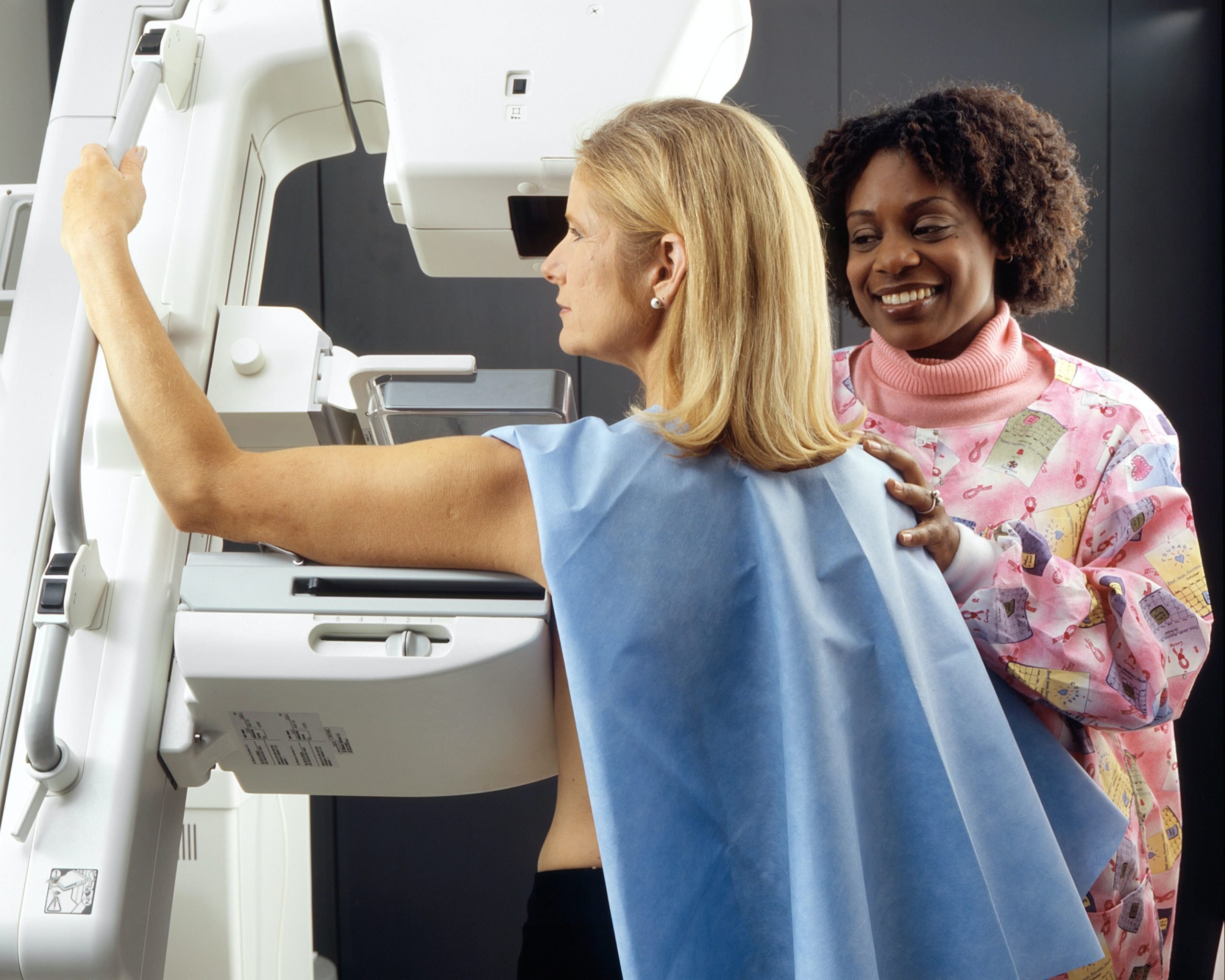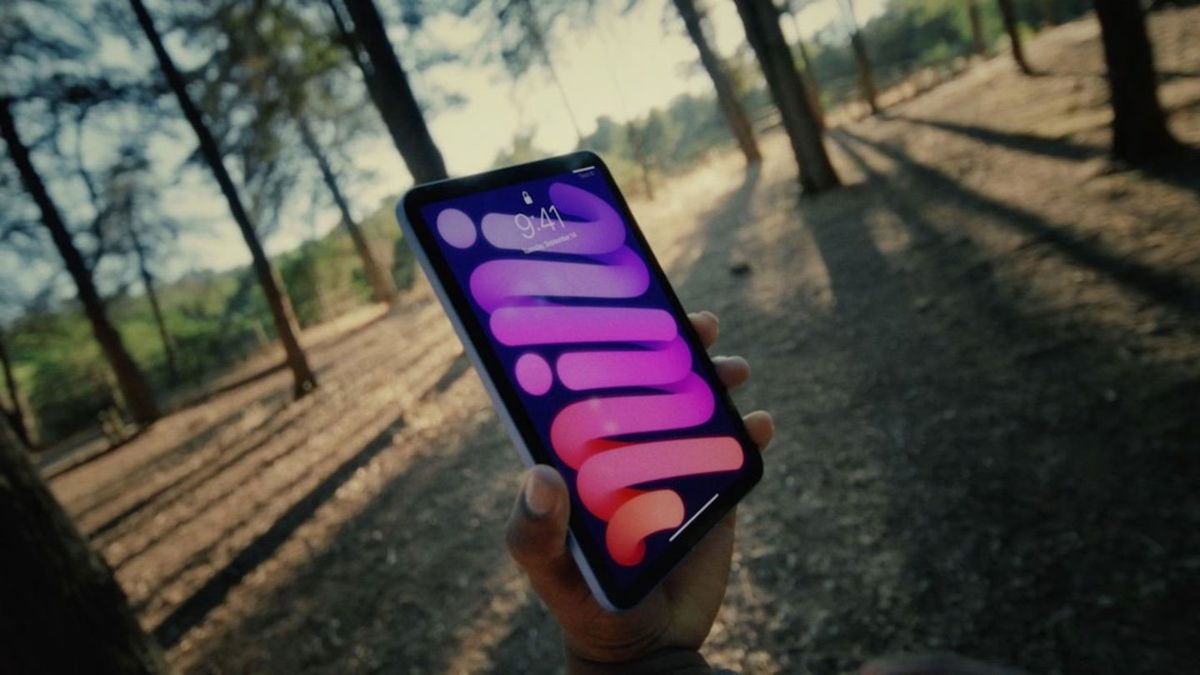There are many reasons to control yourself with alcohol for Christmas. But, without a doubt, if they talk to us about something known as holiday heart syndromeIt’s logical that we become a little more scared. This is a term that It was invented in the 1970s. to refer to “an acute change in heart rate and/or conduction associated with excessive ethanol consumption in a person without other clinical signs of heart disease.” In short, a person who does not have heart problems develops arrhythmia after drinking alcohol.
The cardiologist who described this Philip Ettingersaw that these cases usually occurred after the weekend or during holidays such as Christmas and, above all, New Year’s Eve. Their findings were initially ignored, but in 2013 a group of Brazilian scientists published a review of the scientific literature in which they discovered a pattern that could actually describe holiday heart syndrome.
So, does knowing this syndrome exists change anything when it comes to taking precautions? Maybe yes. Somehow, everything seems to scare us more if we give it a pompous name. However, you don’t need to know about Holiday Heart Syndrome to know that, contrary to what some people say, alcohol is very dangerous for the heart. Some drinks, such as wine, contain beneficial substances in this sense, but the harmful effects of alcohol are much greater.
From hangovers to holiday heart syndrome
When we drink alcohol, it must be metabolized. This means that chemical reactions occur in some of our cells that help break it down. The organ in which most of these reactions occur is liver. Metabolism is important because alcohol is very toxic. Unfortunately, the decomposition process produces a product called acetaldehydewhich is possibly more toxic. The positive thing is that it remains in our body for a very short time. However, even with this brief contact we can already feel its toxicity through the so-called hangover.
This includes headache, fatigue, nausea, stomach pain, dry mouth and many other symptoms.. Some people also experience tachycardia. They associate it with a hangover, and in fact it can be considered as such since it is just another consequence of this intoxication. For Ettinger, however, it was relevant enough to give it its own name: holiday heart syndrome.
Why is this happening?
There are several reasons why alcohol can cause holiday heart syndrome. Some of them are noted in the 2013 review. On the one hand, this may be due to the toxicity of alcohol. muscle lining the heart. It makes sense that this could affect your heart rate. It is also possible that this is due to toxicity that forms in certain glands responsible for producing hormones involved in the proper functioning of the heart. For example, adrenal glands
In addition, we cannot forget that the cardiovascular system is interfered with by electrical signals that allow the heart to function. These are those that are measured, for example, using an electrocardiogram.
These electrical signals have several control systems, including transmission sodium and calcium ions through channels located in cells. It has been observed that alcohol can inhibit the opening of these channels, resulting in changes in heart rate.
Is Holiday Heart Syndrome Dangerous?
Typically, the symptoms of holiday heart syndrome disappear within a few hours of withdrawal without the need for treatment. This usually does not cause complications. However, for older adults or people with heart problems, these arrhythmias can be dangerous. Moreover, they are still a sign that we have drunk too much, and excess alcohol is dangerous for many other reasons.

Insistence on looking for syndromes everywhere
The syndrome is defined as a collection symptoms which are experienced together and whose origin and treatment are not necessarily known. It is not synonymous with illness, since illness has much more defined limits.
But even the syndrome has a definition that doesn’t apply to everything. In recent years, it has become fashionable to call everything a syndrome of increased attention of the population. This happened, for example, after the restrictions of the COVID.19 pandemic, when people began to talk about cabin syndrome, despite the fact that this fear of the outside world is something logical after a long stay inside four walls and should not be considered as “symptoms”.
In the case of holiday heart syndrome, it is not so clearly defined as such. Yes, there are symptoms. But they do not cease to have their origin in alcohollike a hangover. This is the only symptom whose origin is known, but it is not a pathology.
This does not mean that we should not prevent this. It doesn’t matter whether it’s called a syndrome, a disease, or not called at all. Drinking alcohol is dangerous on many levels, and it makes sense that developing tachycardia is not a good thing. Keep this in mind if you find yourself overdoing it this holiday season.
Source: Hiper Textual













